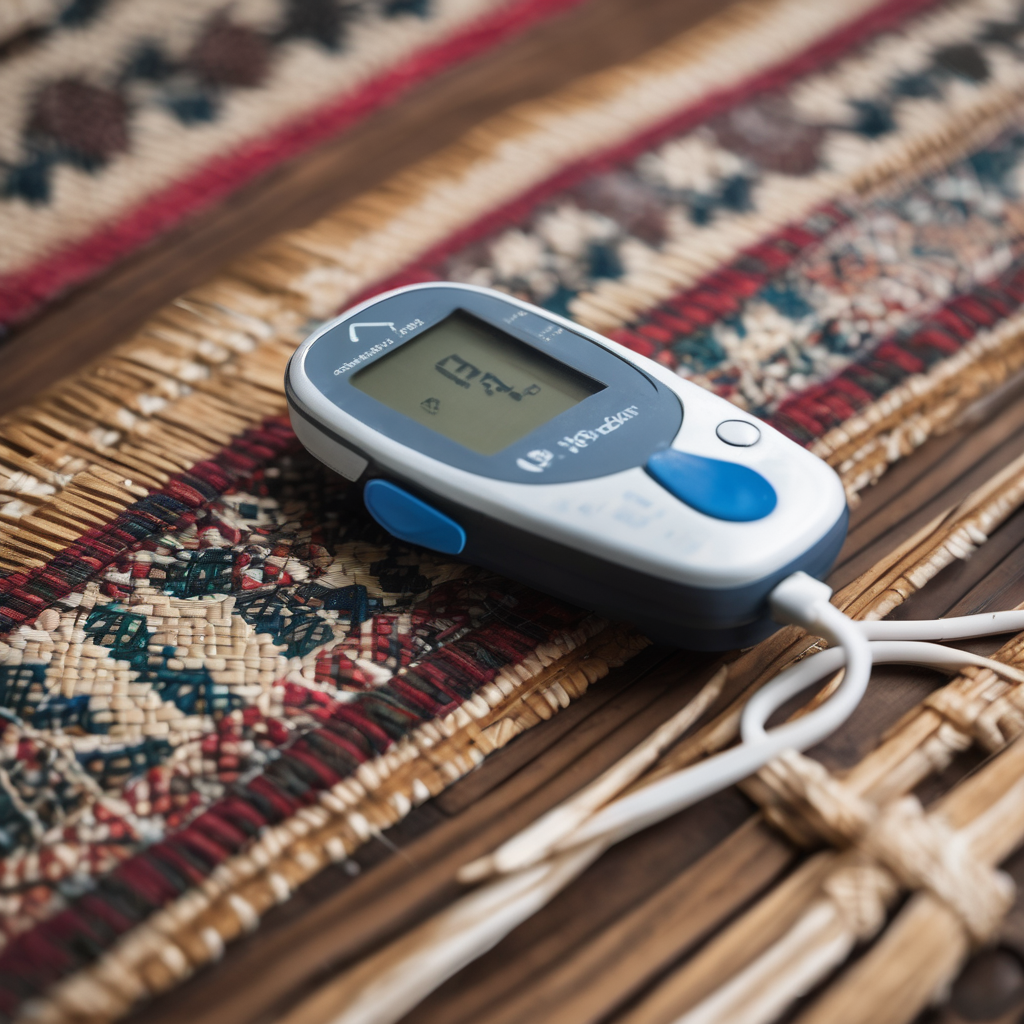Fiji is currently facing a serious health crisis, with recent data revealing that approximately 16.6% of its adult population, which translates to around 90,300 individuals, are living with diabetes. Assistant Minister for Health Penioni Ravunawa has raised alarms about the steady increase in cases, warning that without immediate intervention, the number could rise to 130,600 by the year 2050.
At the launch of the National Diabetes and Wellness Campaign, Ravunawa highlighted that these statistics reflect not just numbers, but the real-life struggles of families affected by diabetes, which can lead to severe health complications such as amputations, dialysis, and considerable financial burdens. He called on individuals and families to take charge of their health by making necessary lifestyle changes, participating in health screenings, and fostering support networks during this challenging time.
The urgency of the situation is heightened by prior warnings from health officials about the escalating rates of diabetes-related complications throughout the country. Fiji faces the potential of becoming the leading nation globally in diabetes cases per capita, making the need for proactive measures critical. Public health advocates, including representatives from organizations like Diabetes Fiji, have emphasized the importance of establishing a national diabetes registry, enhancing access to care, and carrying out community-based education and prevention initiatives.
Recent statistics show that over a third of the Fijian population may already be affected by diabetes, with a troubling number of amputations reported as consequences of the disease. The emphasis on preventive measures—including adopting healthier lifestyles and prioritizing regular health screenings—is of paramount importance. There have been collaborative efforts among health leaders and community organizations to allocate resources effectively in response to this crisis.
Amidst the challenges, there is a growing sense of hope as initiatives aimed at public education and community engagement gain momentum. Health workers and various organizations are intensifying their appeals for awareness and collective action, equipping the public with knowledge to combat diabetes effectively. The concerted focus on making diabetes a public health priority encourages a culture of awareness and the creation of supportive environments that can tackle and potentially reverse the diabetes epidemic in Fiji.
With a commitment to pool resources and develop community support systems, there exists optimism that Fiji can navigate this significant health challenge. A proactive stance on diabetes management and prevention may lead to marked improvements in the quality of life for individuals living with the condition, paving the way for a healthier future for the next generations.
